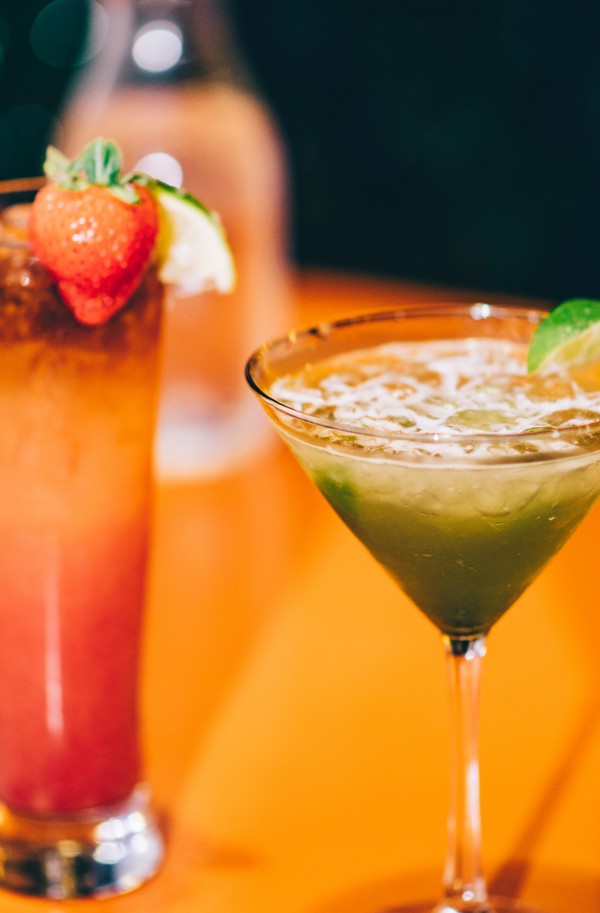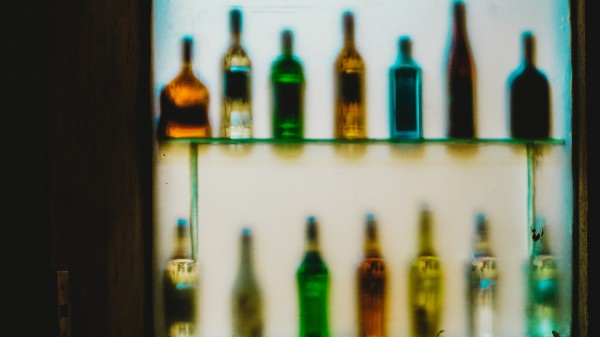
Contact Information:
Swig Switch
89 Andover Road
Cheltenham
Glos
GL50 2TR
Tel: 01242 236608
Email: swigswitch@glos.info
Alcohol-free booze - Would you make the change?
A global new trend of alcohol-free drinks has become popular for lots of keen drinkers looking to have an alternative to alcohol. As more people are choosing to drink less it has led to an increase in alcohol-free drinks in shops and bars.
In the UK, the recommended amount for both men and women is that they drink no more than 14 units of alcohol regularly per week. Drink aware moderation strategy is for people to take drink free days to encourage better drinking habits, improve health and reduce the risks that alcohol can have.
Dry January and the Drink Free Days campaign have made it possible for people to not drink at all rather than the method of trying to cut back throughout the week but still drinking regularly.

Drinking habits of many people have changed in recent years, a 2017 report by the Office of National Statistics (ONS) showed that being teetotal has increased for 16-44 age bracket and 20.4% of adults are now teetotal so they don't drink any alcohol, this is approximately 10.4 million people.
So why are people suddenly deciding to choose an alcohol-free option? The recent ‘wellness wave’ of people investing their time into looking after their wellbeing and trying to do activities which improve health, it is clear that drinking would contradict this. With people being more health conscious and being influenced by social media where celebrities and other influencers are deciding not to drink, alcohol-free alternatives set to continue.

The industry is now worth £5 million pounds in non-alcoholic spirits alone as people are looking for ways to cut down consumption but enjoy the same taste of their favourite drinks. According to a Nielsen report, in the last year up to July 2018, £43m was spent on low alcohol beers which was an increase of 28%.
The non-alcoholic industry is only three years old but is already becoming very big. There has been a boost in alcohol-free drink sales of 39 percent. This can include drinks that are 0.5 percent or less, so alcohol-free drinks are a growing trend that looks set to continue.
Society wants an alternative to alcohol because of health risks. If people were to change to alcohol-free refreshments it could be beneficial as it helps with weight loss, improves sleep, money saving and generally helps with overall wellbeing. For many, the health benefits outweigh the risks even more so if you can have the same taste of drink minus the alcohol.
For those who would like an alternative alcohol free drink, here are some of beers and wines you could try.
For alcohol-free beers:
. Heineken 0.0%
. Thornbridge Big Easy
. Citra Hop
. Adnams Ghost Ship
. St Peter’s Without Gold
For alcohol-free wines:
. Rawson’s Retreat Cabernet
. Eisberg Sparkling White
. Freixenet Sparkling Rose
. Torres Natureo Muscat
. Ebony Vale
Written by Erin Wright
Swig Switch
See all listings from Swig Switch
Newsletter
To sign up up for www.glos.info weekly newsletter, please click here.
Please mention www.glos.info when contacting this advertiser.









